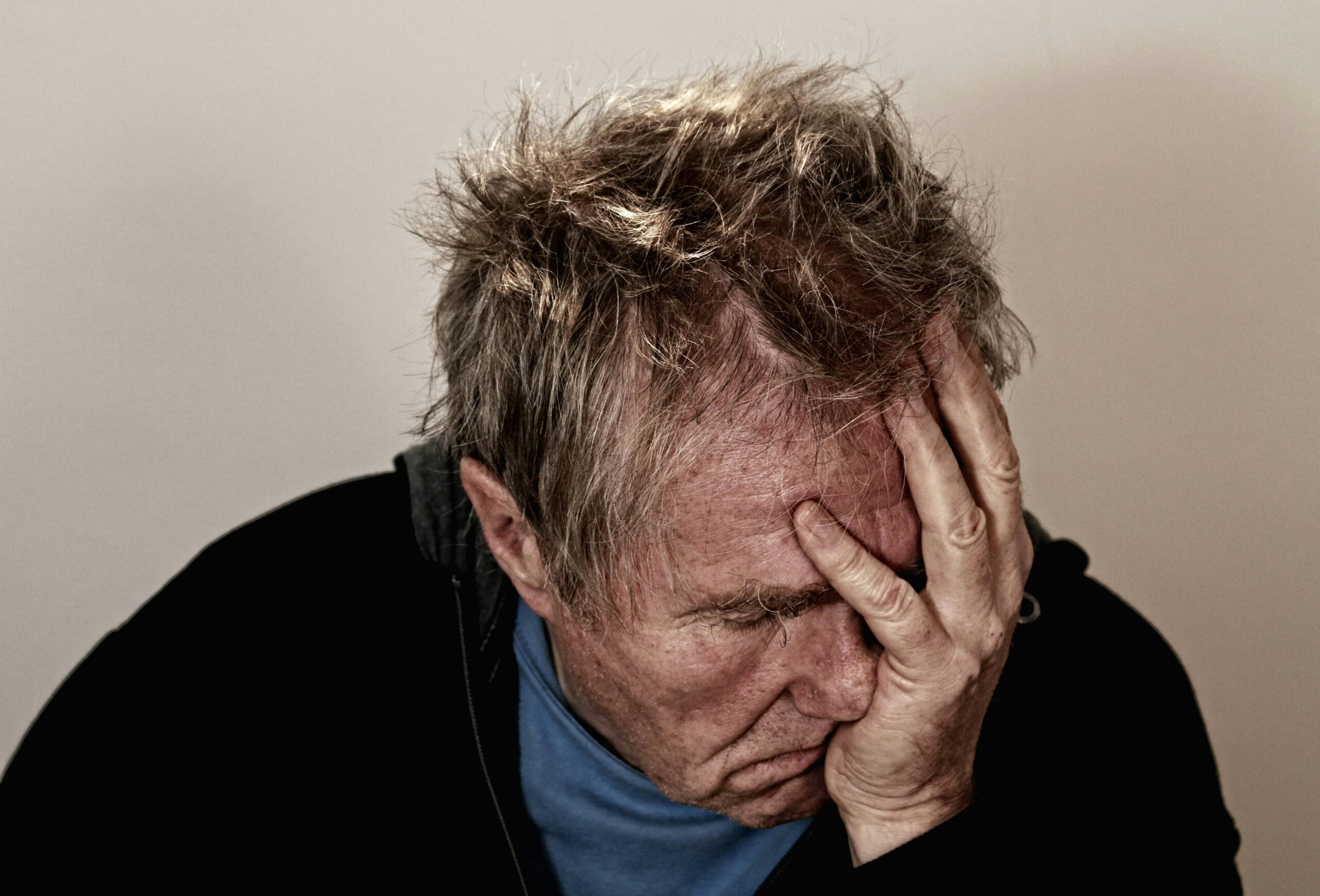News / RISE-Health Study Shows Prevalence of Depression in Older Population
Elderly women, elderly people with high incomes, and those who are married are the ones with the most symptoms of depression.

A group of researchers from the RISE-Health Research Unit analysed the prevalence of depressive symptoms in people over 65 — an age group particularly vulnerable to developing depression due to factors such as loneliness, poorer physical health and reduced quality of life — using data from the SHARE project.
According to the study led by Elísio Costa (RISE-Health/FFUP), a researcher at the RISE-Health Research Unit, there continues to be a high prevalence of depressive symptoms in older citizens, with women being more affected.
“It is interesting to note that although several studies indicate that women live longer than men, they report a worse overall state of health, especially in terms of mental health, as our study shows. However, there is no single defined cause; it is multifactorial and results from a combination of biological, social and psychological factors,” points out the RISE-Health expert, noting that, in addition to factors such as changes in sleep, psychosocial stress factors such as widowhood, social isolation and unpaid care overload, ‘at a biological level, it has been proven that decreased oestrogen levels after menopause contribute to a higher incidence of depression in older women.’
According to this study, which involved more than 45,000 people across 27 European countries and Israel, “social isolation and loneliness are among the factors that most contribute to the risk of depressive symptoms in older citizens, especially in higher-income countries.
In the view of Elísio Costa (RISE-Health/FFUP), “technology offers multiple effective strategies to address the prevalence of depressive symptoms in older adults, particularly by reducing loneliness, promoting social inclusion and improving access to mental health care. In our study, we identified precisely that loneliness and poorer physical health are critical factors, and technology can act precisely in these areas, reinforcing both prevention and treatment,‘ explains the researcher. ’Digital tools also promote greater autonomy and self-management of health, increasing well-being. Personalisation and ongoing support are essential to maximise the benefits of these tools.”
The article published in the Journal of Clinical Medicine highlights that ‘interactions between grandparents and grandchildren — such as caring for grandchildren on weekends, after school hours or on specific occasions — are often associated with greater psychological well-being,’ the paper reads.
However, the same is not true for married individuals, who had higher levels of depressive symptoms than single older adults. According to RISE-Health experts, this may be related to the fact that “in traditional marriages, many women have sacrificed educational and professional opportunities, limiting their autonomy. Single people, on the other hand, are more accustomed to living alone and end up coping better with loneliness, suffering less from its effects,‘ they explain.
’It is the combination of health, community and social policies that can really reduce prevalence. In addition to technology, it is essential to invest in prevention by promoting active ageing. Secondly, it is essential to combat loneliness, which in our study was one of the strongest risk factors for depression in older people. It is also necessary to improve the integration of mental health screening and care in primary care: offering psychosocial and economic support and creating support programmes for critical moments in ageing,” emphasises Elísio Costa (RISE-Health/FFUP).
‘Digital support platforms, remote monitoring and telemedicine can further reinforce and contribute to active ageing and should always be integrated with face-to-face social and medical intervention,’ he concludes.
The article “Prevalence and Determinants of Depressive Symptoms in Older Adults Across Europe: Evidence from SHARE Wave 9”, published in the Journal of Clinical Medicine, was coordinated by Elísio Costa, with Daniela Melo, Luís Midão, Inês Mimoso, Teodora Figueiredo, Joana Carrilho (RISE-Health/FFUP) and Leovaldo Alcântara (RISE-Health/ICBAS-UP) as co-authors.